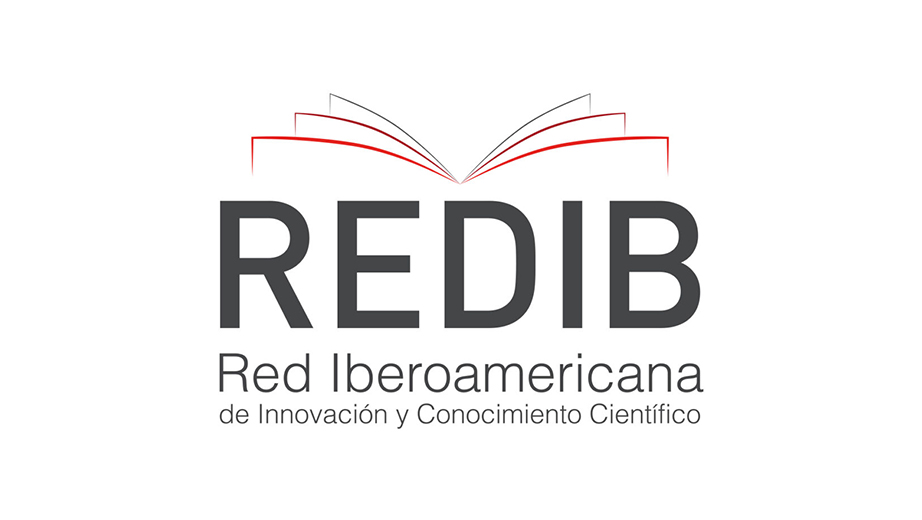Individuo y sistema social: crítica a una “inversión” insuficiente
Palabras clave:
lo social, individuo, sistema, modernidad / the social, individual, system, modernityResumen
En este artículo partimos de una caracterización que realiza Alain Touraine sobre nuestra época actual que puede sintetizarse en la expresión “el fin de lo social”. A partir de aquí nos interrogarnos sobre el sentido de esta idea y sus implicancias, entendiendo que éste es un modo de contribuir a un debate necesario en las ciencias sociales sobre la transformación de nuestros paradigmas teóricos para comprender las sociedades contemporáneas. Así, para analizar qué es el fin de lo social y qué es lo que adviene después, debemos primero dilucidar cuál es el sentido que se le atribuye a “lo social”. Es por ello que iniciamos un breve recorrido por las teorías de Émile Durkheim, Talcott Parsons y Niklas Luhmann, para contraponerlas luego a los planteos que realiza el posfundacionalismo, según lo caracteriza Oliver Marchart. Es entonces que proponemos que aquello que arriba a su fin no es tanto “lo social”, sino lo social en su sentido moderno. Finalmente, adoptaremos una posición crítica respecto del “nuevo paradigma” que propone Touraine, entendiendo que cuando este autor pretende colocar al individuo en el lugar que antes ocupaba el “sistema” en las ciencias sociales, está realizando una operación que deja intactos los paradigmas modernos. Abstract: This paper begins with a characterization by Alain Touraine on our current era that can be summarized in the sentence the “end of the social." From here we inquire into the meaning of this idea and its implications, understanding that this is a way to contribute to a necessary debate in the social sciences on the transformation of theoretical paradigms for understanding our contemporary societies. Thus, to analyze what is the “end of the social” and what would come after that, we must first clarify what is the meaning ascribed to "the social." That is why we began a review of the Emile Durkheim, Talcott Parsons and Niklas Luhmann theories, to contrast then to the positions that Oliver Marchart characterized as post-foundational thought. Then we propose thata today is not the end of "the social" itself, but "the social" in its modern sense. Finally, we will take a critical position regarding the "new paradigm" proposed by Touraine, meaning that when the author tries to place the individual at the place formerly occupied by the "system" in the social sciences, is conducting an operation that leaves intact the modern paradigms.Descargas
Publicado
2012-05-18
Número
Sección
JÓVENES INVESTIGADORES
Licencia
Los/as autores/as mantienen el @copyright, concediendo a la revista el derecho de primera publicación.








